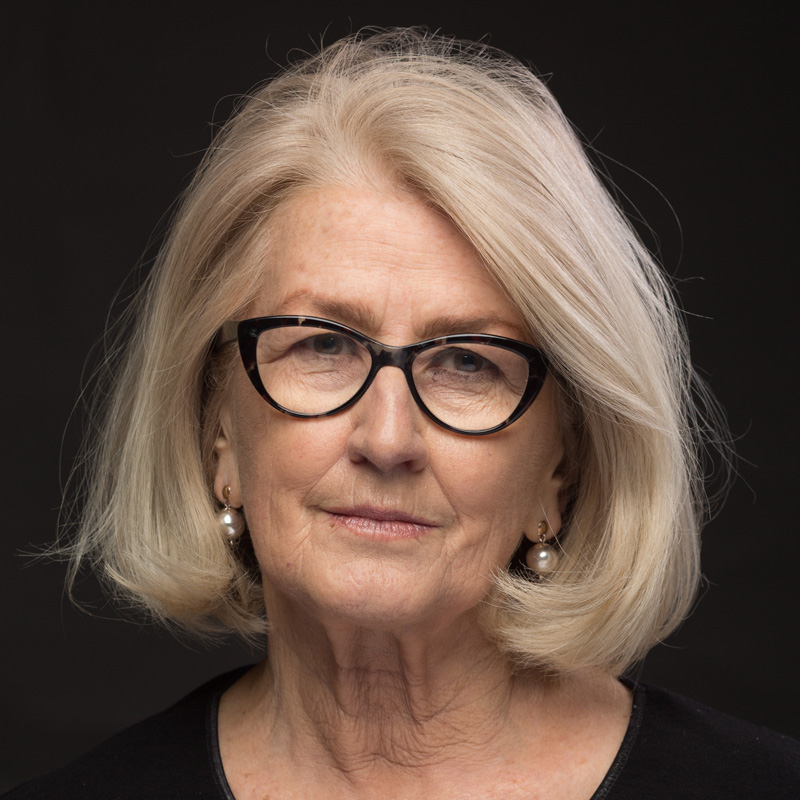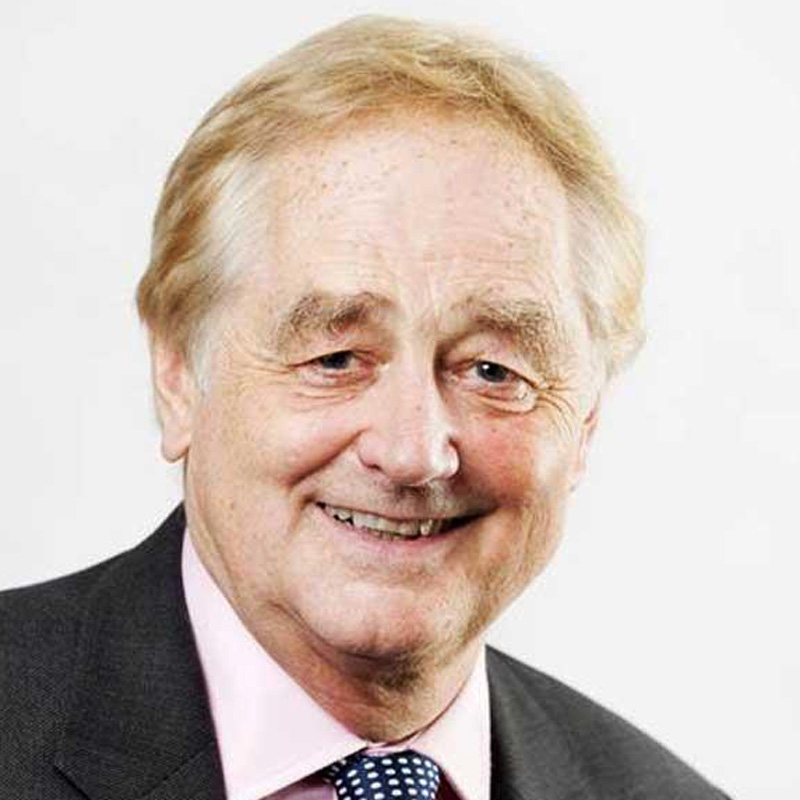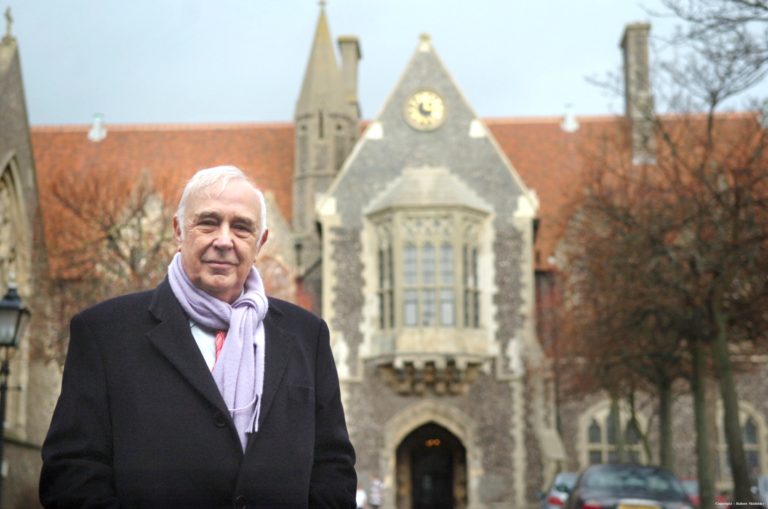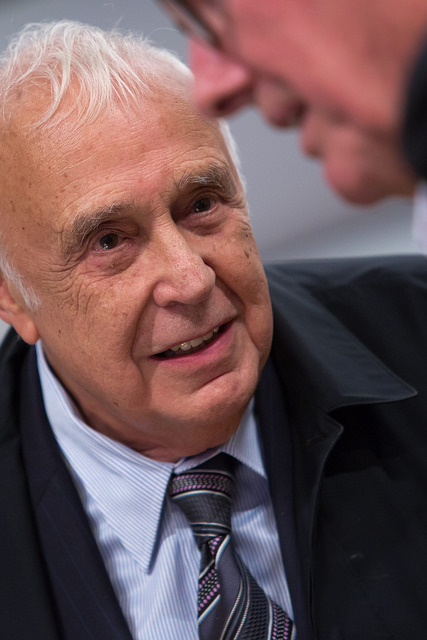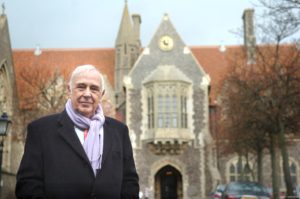(this letter was published in the FT on 11th December 2020)
Dear Sir/Madam,
Chancellor Rishi Sunak plans to set up a National Infrastructure Bank to “channel billions of pounds into capital projects” (FT 20th November, 2020).
We write to urge the Chancellor to broaden his vision. The regeneration of Britain’s ‘national infrastructure’ must include investment in ‘social infrastructure’ such as childcare, schools and universities, regional theatres, orchestras, common spaces, and local sports. The pandemic has shown these economic activities are just as vital to society and the economy as the physical infrastructure of tarmacked roads, green energy and safe bridges. And research demonstrates that investment in care has multiplier effects many times those of investing in construction, while generating far fewer GHG emissions. Furthermore, these investments can be kick-started in less time than construction projects.
Under-investment in social infrastructure before the pandemic was a false economy; it would be even more so as we move into the recovery phase. Channelling money into Britain’s social infrastructure and especially into its care, education, arts and training sectors would create jobs, generate income for workers, the Treasury, and the wider economy, and contribute to a more robust and sustainable economy.
Yours faithfully,
Patrick Allen
Carolina Alves
Danny Dorling
Daniela Gabor
Stephany Griffith-Jones
Susan Himmelweit
Will Hutton
Michael Jacobs
Sue Konzelmann
Natalia Naqvi
Ann Pettifor
Kate Pickett
Josh Ryan-Collins
Guy Standing
Robert Skidelsky
Jan Toporowski
Council Members of the Progressive Economy Forum
photo credit flickr


